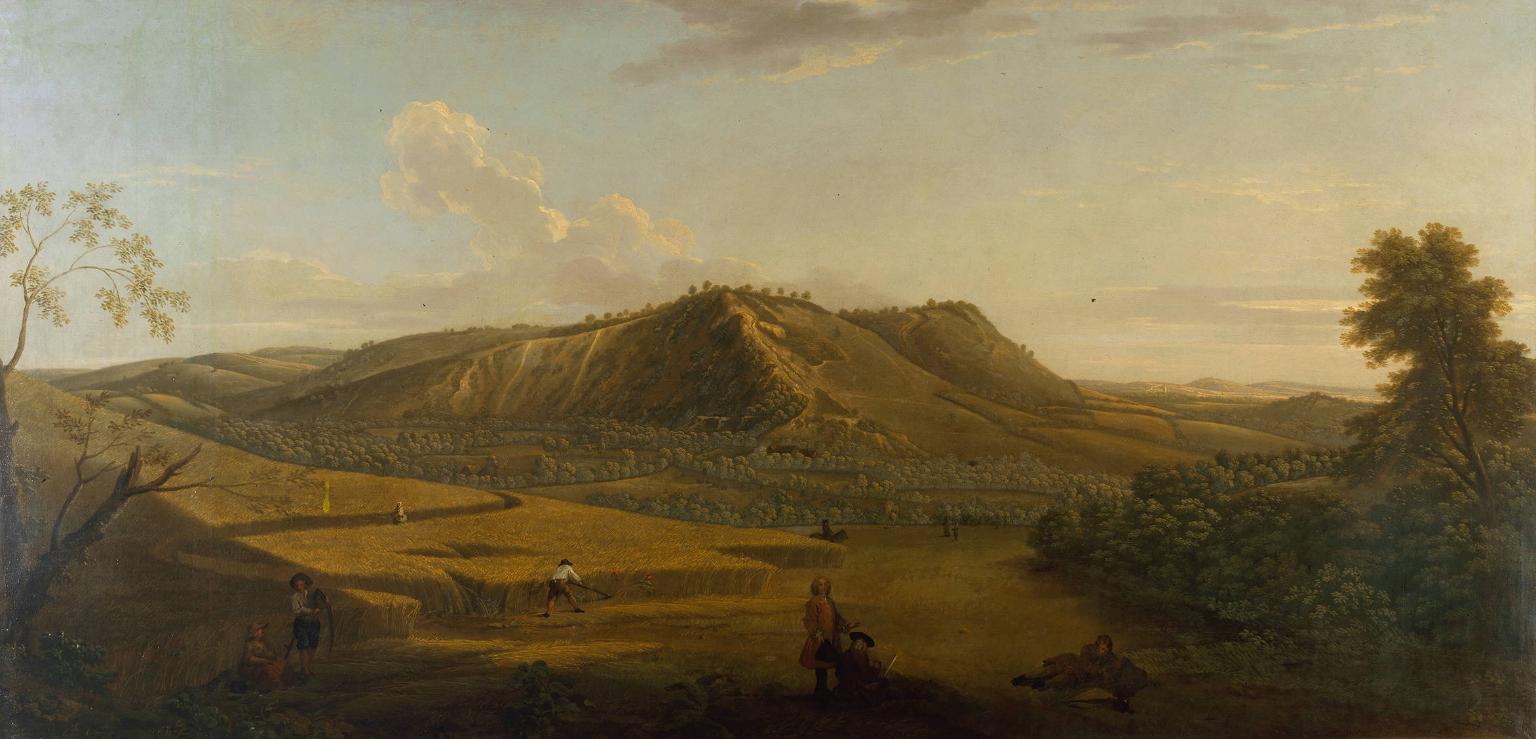The thesis starts with a simple proposition: What if housing were a common? A pre-modern English custom of land ownership and use, the commons have reemerged in recent architectural debates as participatory ecologies for production, ownership, and use. The thesis explores their transformative value in addressing the much-needed change in London's housing today. In that sense, grassroots efforts promise not only more accessible housing economies but also architecturally valuable models for ownership, sharing, and dwelling. Most importantly, they challenge modern preconceptions that form the foundation of how we relate to housing, land, and each other. While existing architectural scholarship mostly focuses on hierarchically planned collective living, grassroots sharing cultures and their spatial imaginaries remain largely understudied. The research aims to explore this gap by discussing the relationship of these practices with architecture.
The thesis consists of two parts that employ different but interconnected methods. The first part establishes the theoretical and historical context. A historical case study analysis reconstructs a genealogy of housing commons in London. The second part draws on an ethnographic account of RUSS Lewisham and their inaugural housing project, Church Grove.
The thesis concludes that housing commons are yet to emerge in London. To achieve autonomy, housing projects need to connect with other realms and scales of commoning. The thesis addresses this by introducing the term coalitions which refers to spaces and practice where multiple commoning systems link up. To support the commons, architectural practitioners and researchers need to embrace more coalitional roles, connecting different actors and local relational networks. Only then can architectural labour and knowledge become a common itself.
The thesis consists of two parts that employ different but interconnected methods. The first part establishes the theoretical and historical context. A historical case study analysis reconstructs a genealogy of housing commons in London. The second part draws on an ethnographic account of RUSS Lewisham and their inaugural housing project, Church Grove.
The thesis concludes that housing commons are yet to emerge in London. To achieve autonomy, housing projects need to connect with other realms and scales of commoning. The thesis addresses this by introducing the term coalitions which refers to spaces and practice where multiple commoning systems link up. To support the commons, architectural practitioners and researchers need to embrace more coalitional roles, connecting different actors and local relational networks. Only then can architectural labour and knowledge become a common itself.
In Common: New Coalitions for Owning, Sharing and Dwelling in London
2018 - ongoing
George Lambert, Hilly Landscape with Cornfield or View of Box Hill from Ranmore Common, 1733